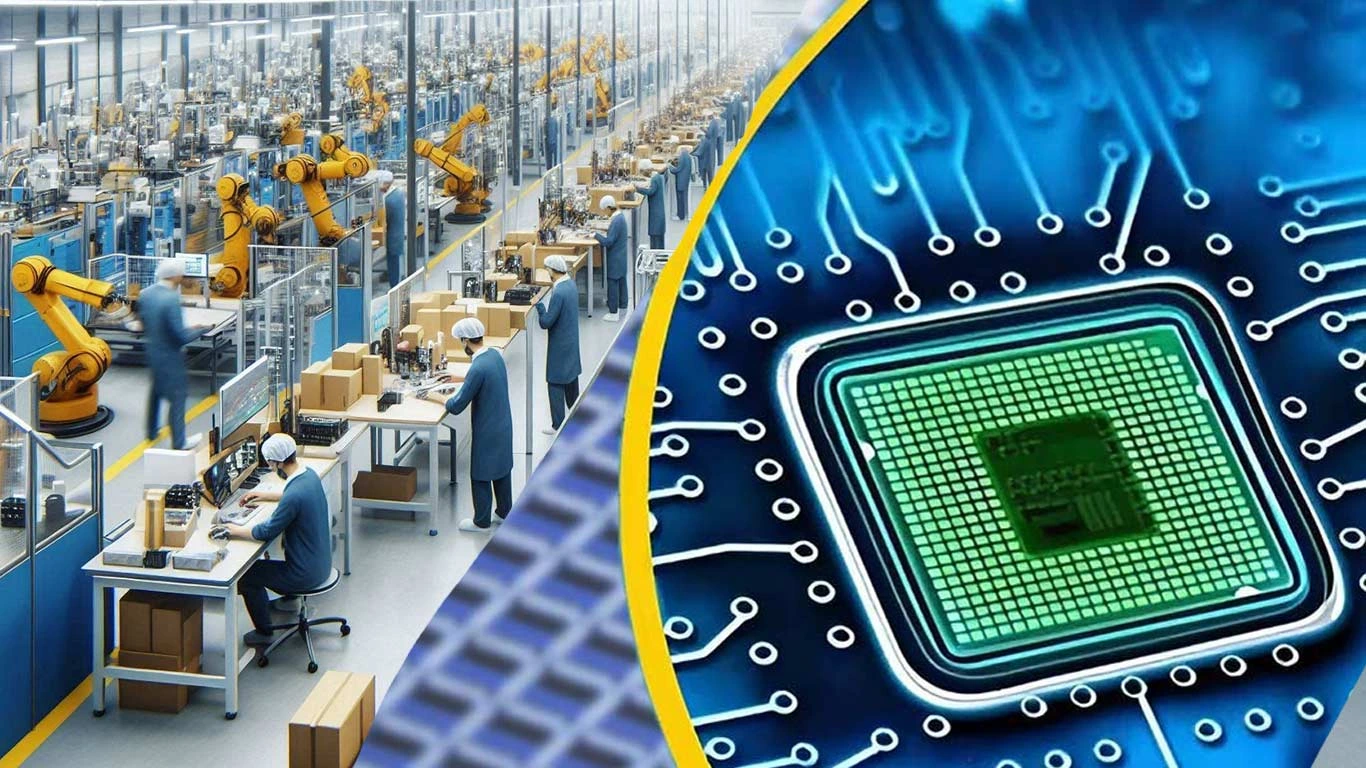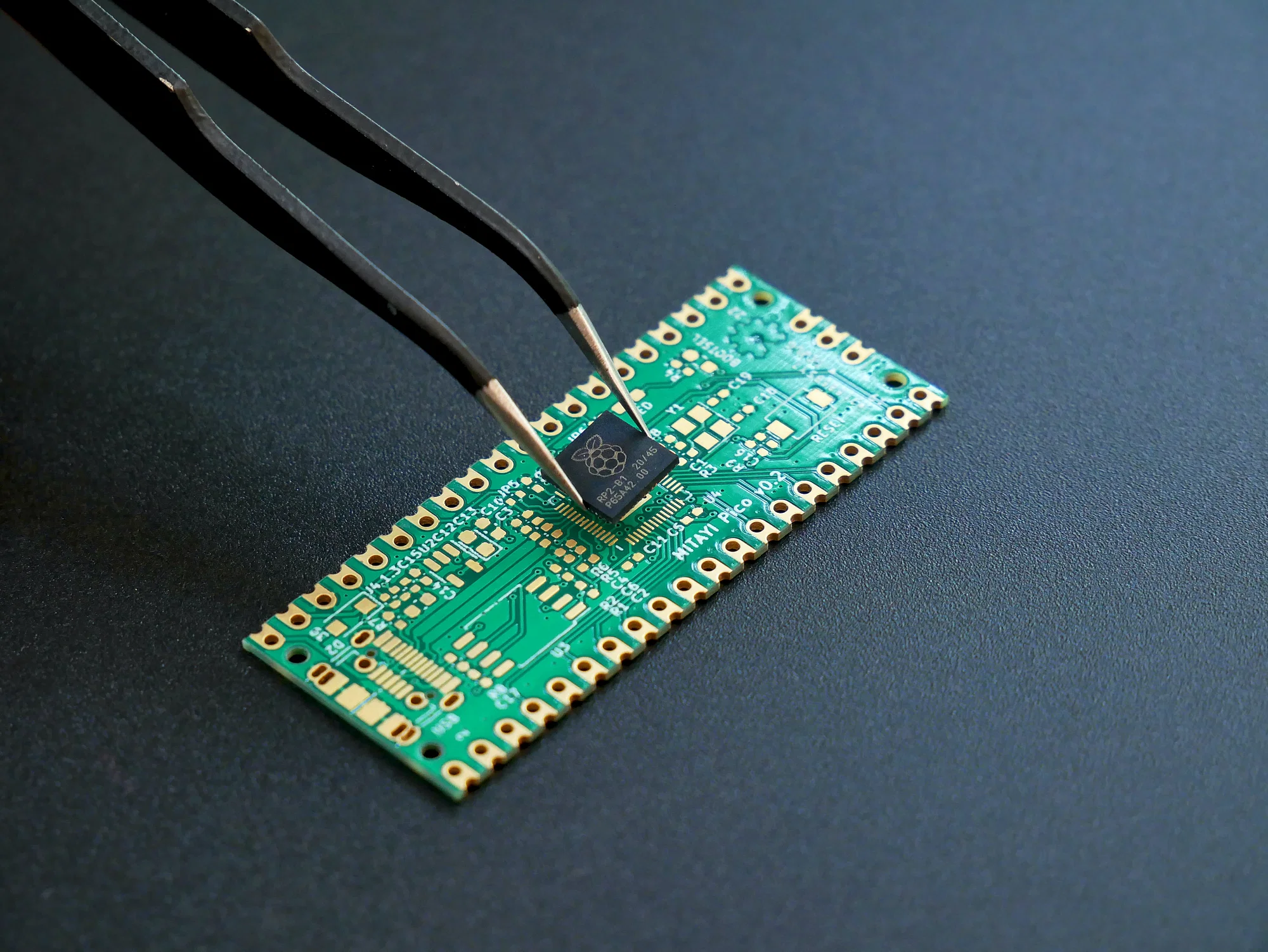
Table of Content
▼The semiconductor industry is set to revolutionize the Indian job market, with a recent report predicting the creation of 1 million jobs by 2026. This optimistic projection highlights the rapid growth and investment in the semiconductor sector, which is becoming a cornerstone of India's technological advancement and economic development. Here’s a detailed look at the factors driving this growth and its potential impact on the job market.
The Rise of the Semiconductor Industry in India
India's semiconductor sector has been experiencing a significant transformation, driven by increasing demand for electronic devices, advancements in technology, and supportive government policies. The global semiconductor shortage has underscored the importance of self-reliance in this critical industry, prompting substantial investments and initiatives to bolster domestic manufacturing capabilities.
Key Drivers of Job Creation
-
Government Initiatives: The Indian government has launched several initiatives to boost the semiconductor industry, such as the Production Linked Incentive (PLI) scheme, which incentivizes domestic manufacturing and attracts foreign investment. These policies aim to establish India as a global hub for semiconductor design and production.
-
Growing Demand: With the proliferation of smartphones, laptops, electric vehicles, and other consumer electronics, the demand for semiconductors is soaring. This growing market necessitates a robust supply chain and skilled workforce, leading to increased job opportunities across various segments of the industry.
-
Investment in Infrastructure: Significant investments in infrastructure are crucial for the growth of the semiconductor sector. New manufacturing plants, research and development centers, and training institutes are being established, creating numerous job opportunities in construction, engineering, and academia.
-
Skill Development Programs: To meet the rising demand for skilled professionals in the semiconductor industry, various skill development programs and collaborations between academia and industry are being implemented. These programs aim to equip the workforce with the necessary technical skills and knowledge to thrive in this rapidly evolving sector.

Potential Job Roles and Opportunities
The semiconductor industry offers a diverse range of job roles, spanning from entry-level positions to highly specialized roles. Some of the key areas where job opportunities are expected to surge include:
-
Design and Development: Engineers and designers are crucial for developing innovative semiconductor products. Job roles in this segment include chip designers, hardware engineers, and software developers specializing in semiconductor technology.
-
Manufacturing and Production: The establishment of new manufacturing units will create numerous jobs in production management, quality control, and equipment maintenance. Technicians, operators, and production supervisors will be in high demand to ensure efficient manufacturing processes.
-
Research and Development: R&D centers will focus on advancing semiconductor technologies, creating opportunities for researchers, scientists, and analysts. These roles are essential for driving innovation and maintaining competitiveness in the global market.
-
Sales and Marketing: As the semiconductor market expands, there will be a growing need for sales and marketing professionals to promote products and secure business deals. Roles in this segment include sales managers, marketing strategists, and business development executives.
-
Support and Services: The industry will also generate jobs in support services such as logistics, supply chain management, and customer support. These roles are vital for ensuring the smooth operation of the semiconductor ecosystem.
Economic and Social Impact
The anticipated job creation in the semiconductor sector is expected to have a profound impact on India's economy and society. By generating employment opportunities, the industry will contribute to reducing unemployment rates and enhancing the standard of living for many individuals. Additionally, the growth of the semiconductor sector will stimulate other related industries, further boosting economic development.
Moreover, the focus on skill development and technological innovation will position India as a key player in the global semiconductor market. This will not only attract foreign investment but also foster a culture of research and development, driving long-term economic growth and technological progress.
Conclusion
The semiconductor sector's potential to create 1 million jobs in India by 2026 is a testament to the industry's significant growth and strategic importance. Through supportive government policies, increasing demand, and substantial investments, the sector is poised to become a major contributor to India's economic development. As the industry continues to evolve, it will offer diverse job opportunities, driving employment and fostering technological innovation in the country.
Also Read: Maruti Suzuki Bets Big on Private Buyers with New Dzire, Invests INR 1000 Crore
Neha Mehlawat
Neha Mehlawat is an automotive journalist and industry analyst with 10+ years of experience covering cars, bikes, and mobility trends. She tracks the latest launches, technology upgrades, and policy changes in the auto sector, delivering sharp insights that help readers stay ahead in the fast-evolving world of automobiles.






